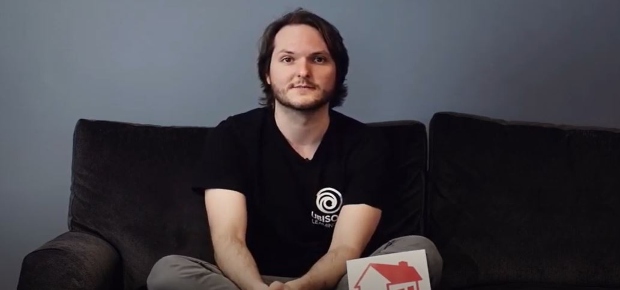 Go to Canterbury Christ CHurch University's website
Go to Canterbury Christ CHurch University's website
 Go to Canterbury Christ CHurch University's website
Go to Canterbury Christ CHurch University's website


2169
University: You could do a foundation degree or degree in:
College: You could do a college course, which may lead onto more advanced qualifications or a higher apprenticeship, or help you to get a trainee position with a company. Courses include:
Apprenticeship: You could do a higher apprenticeship as a software developer or junior 2D artist.
University:
College:
Apprenticeship:
Find out about the huge variety of careers in gaming from intogames:
“I bring to life ideas, contribute to make the game a fun, engaging experience.”